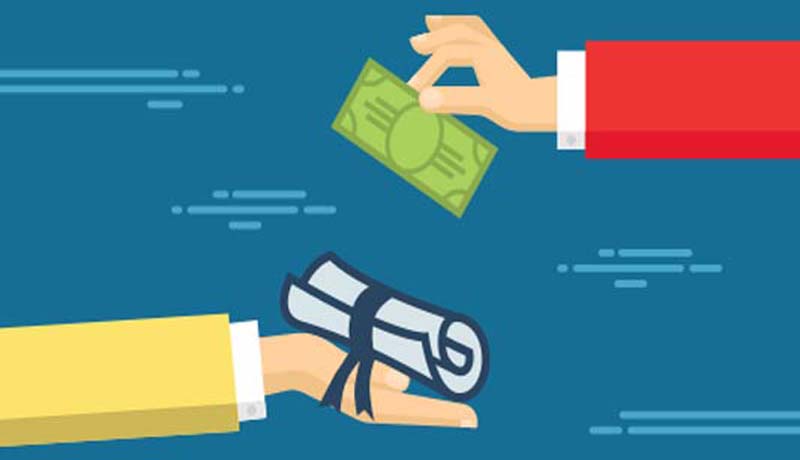12
Apr 2019
SALE OF SHARES V SALE OF BUSINESS
SALE OF SHARES V SALE OF BUSINESS
There are two ways to buy a business:
-
- Buy the Company (or more accurately the shares in the Company that operates the business); or
- Buy the Business (being the assets of the business owned by the Company or other legal entity).
Each option has its own pros and cons, and really depends on the type of business being operated (some business licences cannot be transferred to a new entity, for example, registered training organisations), where it is operated (as stamp duty varies state to state) and the level of risk which you are willing to take. There are also taxation considerations which may impact on whether to buy the shares or buy the assets, including capital gains and GST.
Share Sale
The first option is to buy the company, which means buying the shares in the Company that operates the business. A company is a separate legal entity which operates the business and owns the assets used in the business. Undertaking appropriate due diligence of the company is critical when purchasing shares, to ensure that you know exactly what you are buying and minimising the risk of any ‘skeletons in the closet’. When purchasing shares, the purchaser assumes all liabilities of the company.
In order to buy the shares in the Company, the parties should enter into a Share Sale Agreement that sets out the terms of the sale. As part of the settlement process, a number of documents need to be prepared and handed over, including a share transfer form, company minutes, resignation of office holders, updating ASIC of the changes and share certificates.
Other considerations include having the outgoing directors/shareholders released from any personal guarantees given as well as whether the transaction constitutes a ‘deemed assignment’ of any contracts, such as the lease for the business premises.
Business Sale
The second option involves a purchaser buying all the assets that are required to run the business – the plant and equipment, goodwill, licences, intellectual property etc.
When purchasing a business, you do not (generally) assume the liabilities of the vendor, therefore there is less risk involved if something comes to light after settlement. However, in some states, stamp duty is still payable on purchasing a business and as mentioned above, sometimes the nature of the business operated, doesn’t enable the transfer of the key licence to operate the business to the purchaser.
In order to buy the business, the parties should enter into a Business Sale Agreement which sets out what assets are being acquired and the terms of the sale. Unlike the purchase of the entire company, a business purchase requires different items to be attended to for settlement – namely transferring all assets from the vendor to purchaser. This includes assigning the lease and key contracts to the purchaser, transferring any licences to the purchaser, including a liquor licence, the business name and trade marks.
Whether it is best to purchase the shares or the business really is a case-by-case determination based on a number of factors. If you would like further information or assistance on the sale of shares, please contact Jarrod Ryan (jarrod@ryandurey.com), Alyce Cassettai (alyce@ryandurey.com).
